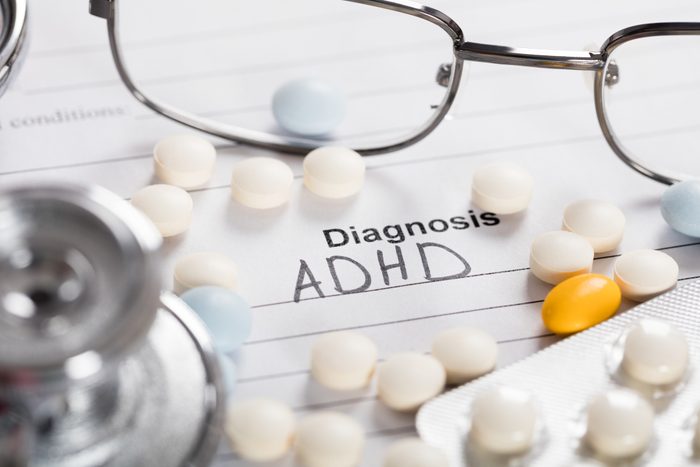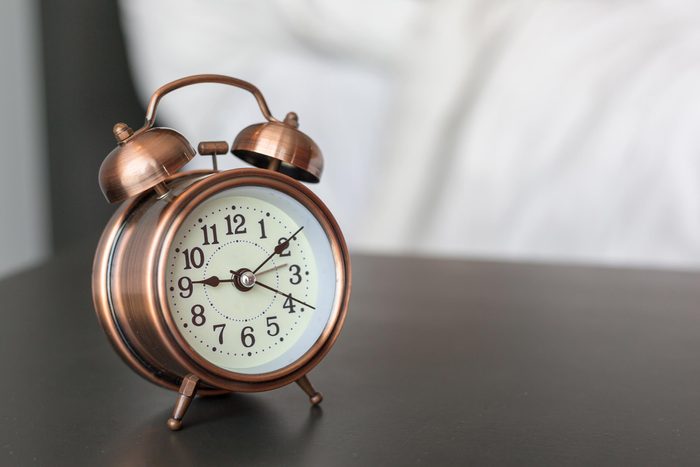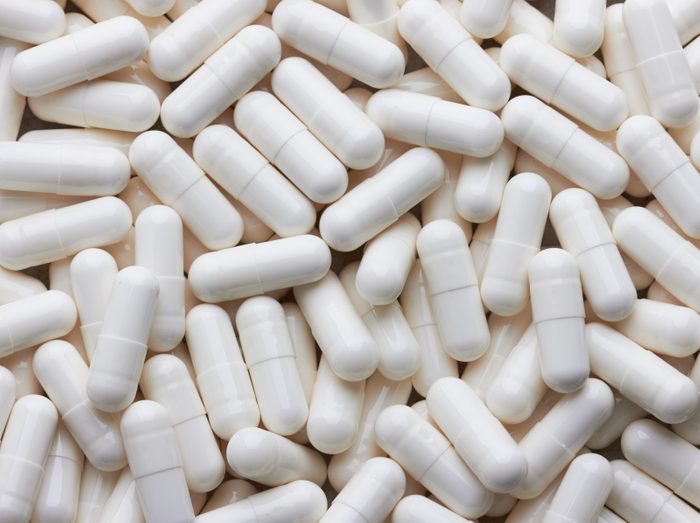
ADHD diagnoses may be on the rise
You may feel like you are hearing more and more about attention deficit hyperactivity disorder—ADHD—in recent years. According to the National Institute of Mental Health, the prevalence of children ever diagnosed with ADHD increased by 42 percent between 2003 and 2011. While those increases in cases might seem high, it can actually be a good thing, because it means more children—and adults—are being diagnosed, and treated, for this once misunderstood condition. (And numbers can vary by survey, according to the Centers for Disease Control and Prevention. About 6.1% of children in 2016 had ever had a diagnosis of ADHD, down from 6.4% in 2011.) Medication can be part of the treatment and includes two classes: stimulants (such as Adderall and Ritalin) and non-stimulants (such as Strattera, clonidine).
“ADHD involves chemical imbalances in the brain and to get at those chemical imbalances, medications are sometimes needed,” says Julie Furst, MD, child and adolescent psychiatry fellow at Thomas Jefferson University Hospital in Philadelphia. “Someone with ADHD is like a player watching a game from the sidelines. They want to get back in the game but due to their symptoms, they can’t play. With medications, that playing field is now leveled. It allows them to have the same success as their peers.”
We asked medical experts to give us the 411 on ADHD medication—including who it may best be suited for. Here’s what you need to know.

Timing is everything
Medication comes as long-acting (six to 10 hours) and short-acting (three to four hours). “One of the downsides of ADHD medication is that we don’t have one that works 24 hours a day,” says Elisa I. Muniz, MD, assistant professor of pediatrics at Albert Einstein College of Medicine in New York. However, that also means that doctors can be flexible according to that patient’s individual daily needs. “For a longer school day, for example, or increased demands in the evenings, we might add a short-acting preparation, or use a long-acting preparation at night so it’s still in effect in busy mornings, for example.”

Combination therapy is best
Don’t think that medication is a cure-all, though, warns Dr. Muniz. The best results, she says, come from a mixture of therapy and medication. “Medication is still efficacious without the therapy, but in our research, we’ve found that combination therapy—the use of both medication and cognitive behavioral therapy is typically the most successful,” she says. “This is especially true when there are co-existing conditions, which is often the case.” One of the co-existing conditions, she adds, is autism. The most common ones are anxiety and mood disorders. (Here are the top tricks from therapists on how to deal with anxiety.)

Realize that you may not even need it
One-third of adults will grow out of ADHD, and another third will only have minor symptoms in adulthood, says Deborah A. Pearson, PhD, professor of psychiatry and behavior sciences at Louis A. Faillace, MD, Department of Psychiatry and Behavioral Sciences at UTHealth in Houston, Texas. Your decision to go on medication—or for your child to do so—really depends on how much the symptoms are affecting your life. “It’s really about the degree of impairment you’re having that will dictate the need to go on medication,” says Dr. Muniz. “If a family comes to us and is unsure about whether to start medication, we may err on the side of medication when all those other things are maximized to the extent possible. Presuming your school placement is appropriate and you’re receiving the right education and supports for any learning issues and you’ve participated in therapy to the extent that it’s available to you, then we look at medications as an option.” (Here’s how meditation can help ADHD.)

Rule out other conditions first
“I’ve discovered that ADHD rarely occurs by itself, so your treatment really has to take into consideration other factors,” says Dr. Pearson. Common co-existing conditions include depression, anxiety, and learning disabilities, which means that a thorough mental health evaluation is vital before a treatment program is decided upon.

Regular follow-ups are key
Because the medication is so individualized to someone’s schedule, it’s vital to have regular follow-ups to adjust accordingly, especially for children. “Since a lot of ADHD treatment is tailor-made to your schedule, it’s important to regularly check in with your clinician because as your schedule changes, so will your treatment,” says Dr. Muniz. “For children, for example, school-time and summertime treatment can look very different.”

ADHD medication isn’t a gateway drug
Giving a child stimulants can give any parent pause, but our experts are unanimous on one thing: ADHD medication, when taken as directed, does not lead to other drug use down the road; they don’t produce a “high” either. “Some parents may think that their child will become a drug addict by taking them. It’s important to clear that up,” says Dr. Furst. “Children who have ADHD do have an increased risk for substance abuse as they enter adolescent years, that’s a fact. But when stimulants are used to treat ADHD, some studies show that it might even lessen this risk of substance abuse, maybe by improving the overall functioning. And there haven’t been studies showing that they are at increased risk.” Of course, any parent should know the signs of drug use.

There are downsides, too
Just like any other medication, there can be negative side effects, especially when you first take them. “It’s been my experience that those side effects tend to go away in a few weeks, but there are some people who just simply can’t tolerate stimulants altogether,” says Dr. Pearson. Side effects, she says, include decreased appetite or stomachache, insomnia, anxiety and irritability. Learn more about other bizarre medication side effects.

They are not a cure
It’s important to remember that ADHD has no cure. Medication can manage your symptoms, says Dr. Pearson, but “they don’t increased knowledge, they don’t improve academic skills, they aren’t a cure,” she says. “Think of medication instead as a platform upon which you’re supporting all those areas of your life.” In many cases, ADHD is resolved with age and brain development. Be wary of these common ADHD myths that everyone still believes.

